When I was at BEA last spring, I picked up a few review copies of books that I ended up giving away to EDIWTB readers a few weeks later. One was a YA novel called Once Was Lost by Sara Zarr. Once Was Lost is coming out tomorrow, and Nancy West, who received my copy of the book, graciously wrote a review for EDIWTB. Here's her review:
One or two pages into Once Was Lost by Sara Zarr, I suspected I’d read this book before. Not literally – I was holding an advance reading copy of this novel which is scheduled for publication in October – but rather that I’d read too many of the same thing recently. Opening as it does with its adolescent female protagonist moping around the house preoccupied by her parents’ financial situation, her mother’s dysfunction/addiction problems, and the stifling southern heat, I felt like I was back in three or four other books I’d recently read, including Tomato Girl by Jane Pupek, Mrs. Kimble by Jennnifer Haigh and a still unpublished memoir by a member of the writing seminar I attended in June.
But just a few more pages in and I was reassured that this was new territory, or, if not new, then slightly familiar territory with some very interesting new landmarks. Zarr’s 16-year-old heroine, Samara, is the daughter of a popular and attractive local preacher; her pretty mom is in rehab for alcoholism following a recent car accident. And although the family seems to be experiencing immediate cash flow problems, this isn’t another tale of southern poverty: they live in what appears to be a comfortable middle-class suburb, and one of the big questions facing Sam the summer before her senior year in high school is not how to buy groceries but whether her parents can make the upcoming tuition payment at her private school.
And then something unexpected drops into what seems to be a tale of quotidian grinding discouragement. Near the end of the kind of Sunday that seems to typify this summer for Sam – morning at church, trying to dodge friends’ and parishioners’ probing questions about her mother’s whereabouts; afternoon thinking about how to make the house look nicer for her mother’s eventual return from rehab – the younger sister of Sam’s secret crush disappears, plucked off the street in what appears to be an unwitnessed act of abduction. By evening, the “Amber Alert” is out and the community has swung into a fever pitch of anxiety and suspicion.
As the next seven days unfold, the crisis hijacks the ordinary lives of nearly everyone in Sam’s world. Her father, as minister to the kidnapped girl’s family, becomes not only pastoral counselor but spokesperson to the media, and Sam cannot help but note the way he rises to the occasion almost as if this is what his career has been heading for all along. Townspeople and church members eye each other warily even as they unite in grief: with a nice touch of up-to-the-minute reality, Zarr acknowledges that many of the key players in this small-town universe, including the minister and the missing girl’s family members, are likely to be viewed as suspects, and she deals accordingly though not laboriously with the necessary measures taken toward that end.
This story felt very 2009 to me, in a thought-provoking way. Cell phones and text messages were ever-present, not in the sense of brand-name dropping but rather as a reference to the issue of helicopter parenting, which is something of a subtext in this novel. On the one hand, a 13-year-old has just apparently been abducted; if ever there was a time for parents to hover protectively over their teens, this must be it. On the other, how is the game changed when those very same parents who hover like helicopters can’t themselves be trusted? Sam has a cell phone, but her mother won’t return her calls. Sam is under strict orders from her father as far as where to be when and with whom, but what about when she spots her father’s car in the driveway even as he insists via cell phone that he’s at a conference out of town?
I don’t normally read books classified as YA (young adult) and don’t have much of a feel for the genre; I’m not sure I would have known that this was YA rather than a novel for adults about teens (like Prep or Testimony) except that the language was, for lack of a better description, light on the ear and the storyline fairly straightforward. It’s not a genre I’m particularly interested in, and not having experience with recent YA literature, I’m not sure how it compares in literary value to others of its ilk, but I think Sara Zarr’s third novel shows a nicely emerging voice with an original perspective. And yes, the mystery of the missing girl reaches a reasonably satisfying conclusion by the end. Even if in general I’d rather be reading something a little more exotic than another story about hot summer days with dysfunctional southern families and a little more complex in voice and style, I’m glad I took time for this one.



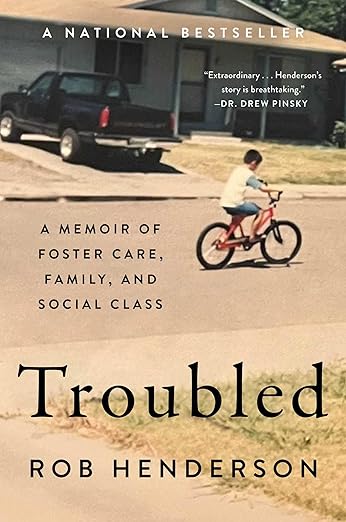
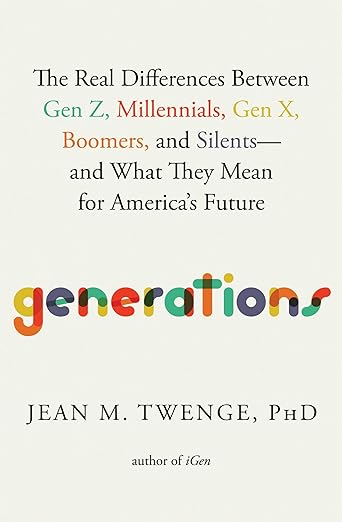
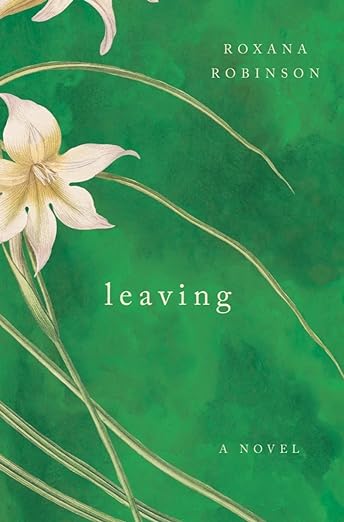

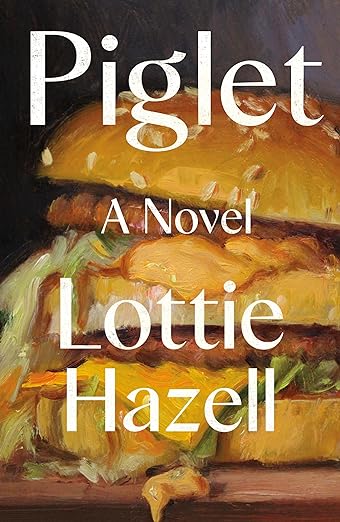

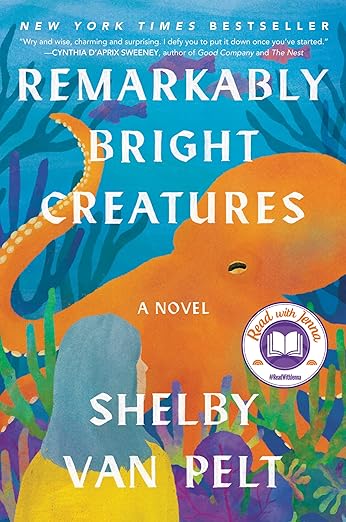
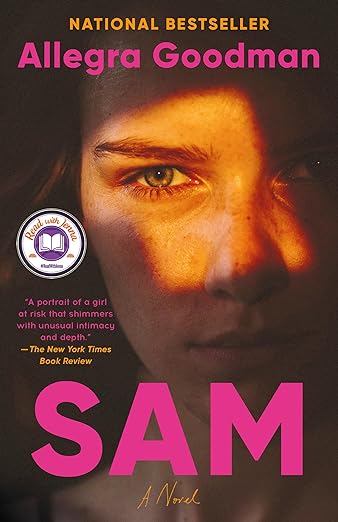



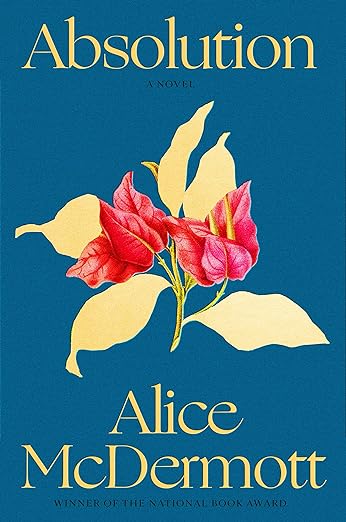


About Me
I have been blogging about books here at Everyday I Write the Book since 2006. I love to read, and I love to talk about books and what other people are reading.